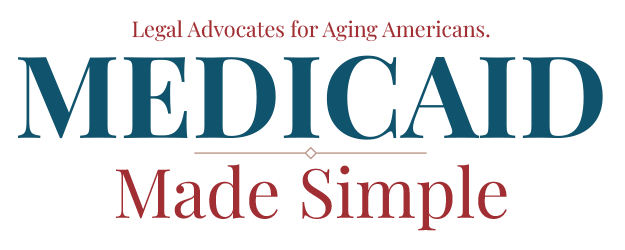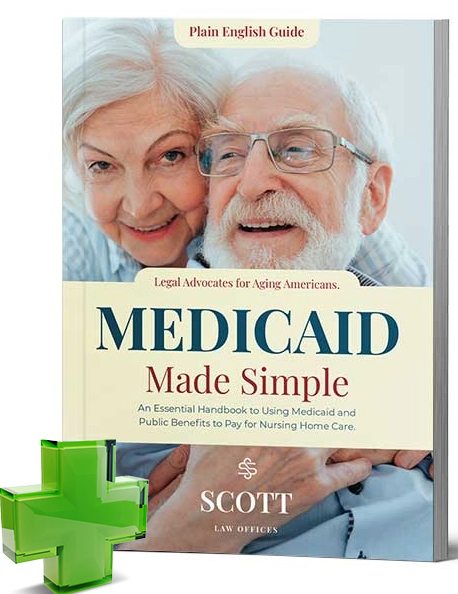Using Medicaid The Right Way Can Secure Your Loved One's Future.
We can ensure stability and peace of mind for your loved one's future with our trusted Medicaid expertise.
We recognize that preserving your financial well-being is paramount. We diligently analyze your unique circumstances, leaving no stone unturned to ensure access to the benefits you deserve without depleting your life savings. With a wealth of knowledge in Medicaid planning, we develop comprehensive strategies that safeguard your assets, empowering you to maintain financial stability as you embark on this new chapter of your life. For over thirty years, our clients have trusted us to navigate the complexities of Medicaid eligibility and asset preservation, and rest assured that their future is in the hands of reliable advocates who prioritize their best interests above all else.
We stand as a trusted ally, committed to your financial stability and peace of mind during the transition into a retirement home. Our team of experienced professionals understands the intricacies of Medicaid and the critical role it plays in securing your future. We provide personalized counsel, guiding you through the complex eligibility requirements and offering tailored strategies to protect your hard-earned assets.

Sean W. Scott, Esq. WLAW, PA

Get Your Plain English Guide to Using Medicaid and Public Benefits to Pay for Nursing Home Care.
Discover the essential handbook, your guide to leveraging Medicaid and public benefits for nursing home care expenses. Gain expert insights and strategies to secure financial support while ensuring peace of mind for your loved one's long-term care.


